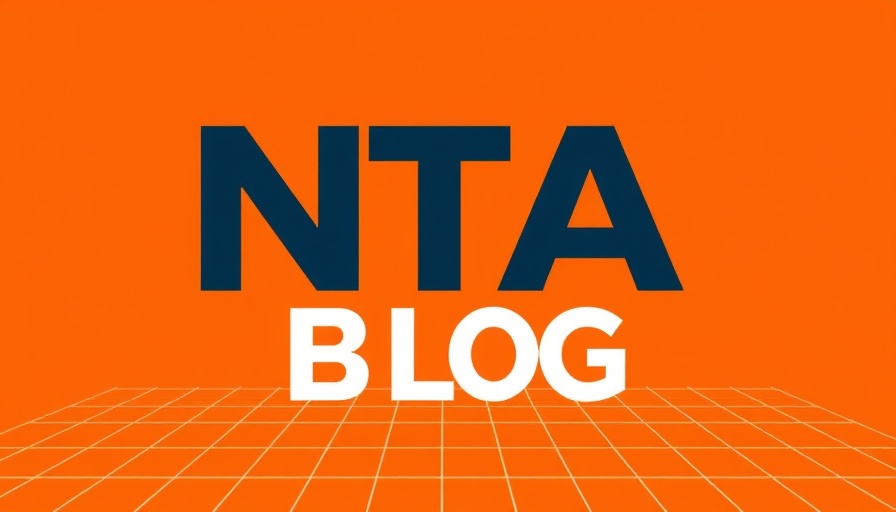
Understanding the Controversy Surrounding Emil Bove
A recent whistleblower report from Erez Reuveni, a former Department of Justice (DOJ) attorney, has raised serious concerns over the conduct of Emil Bove, President Donald Trump’s nominee for the federal circuit court. Reuveni’s allegations suggest that during a meeting, Bove instructed DOJ lawyers to potentially disregard judicial orders concerning the deportation of immigrants, stating they should tell judges to 'f---k you'. This shocking claim underscores the tension between legal requirements and the administration's immigration policies.
The Implications of Ignoring Court Orders
The directive allegedly given by Bove draws attention to the ongoing debate over executive power and judicial authority in the immigration context. If Bove is confirmed to the circuit court, will he uphold the rule of law, or will he prioritize political objectives over judicial mandates? This question becomes crucial as federal judges have already voiced concerns about the DOJ’s compliance with court orders related to deportations under the controversial Alien Enemies Act.
Why Taxpayers Should Care
For taxpayers, the implications of these actions are significant, particularly when it comes to the appropriate use of government resources. Taxpayer dollars are spent on legal proceedings, and any misconduct could lead to costly lawsuits and settlements. Additionally, understanding how government officials navigate legal frameworks informs citizens about how their money is being managed and the potential need for tax planning to mitigate future risks associated with governmental mismanagement.
Equipping Yourself with Knowledge
In light of these events, it’s critical for taxpayers to be informed and proactive about their own financial affairs. Issues of legality and governmental conduct can often spill over into economic impacts that affect everyday people. By staying engaged with these political dialogues, taxpayers can better strategize on savvy strategic tax deductions and make informed decisions in their tax planning, ensuring they lower their taxes where possible while remaining compliant with existing laws.
This story is more than just a political headline; it is about protecting individual rights and ensuring that taxpayer interests are prioritized in governance. Stay updated, ask questions, and be part of the conversation about how these issues affect you.
 Add Row
Add Row  Add
Add 




Write A Comment